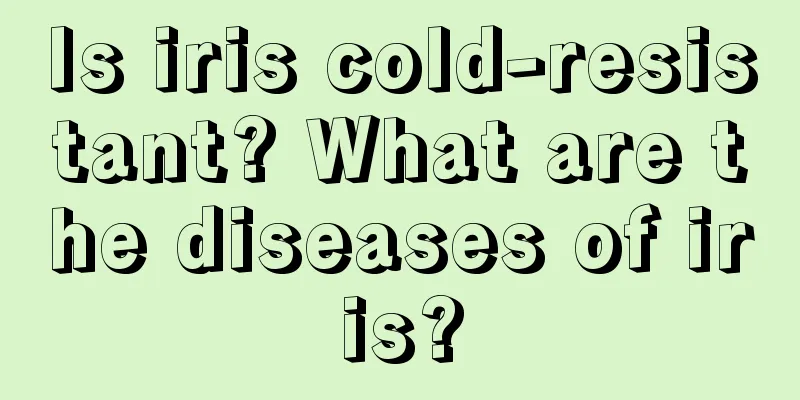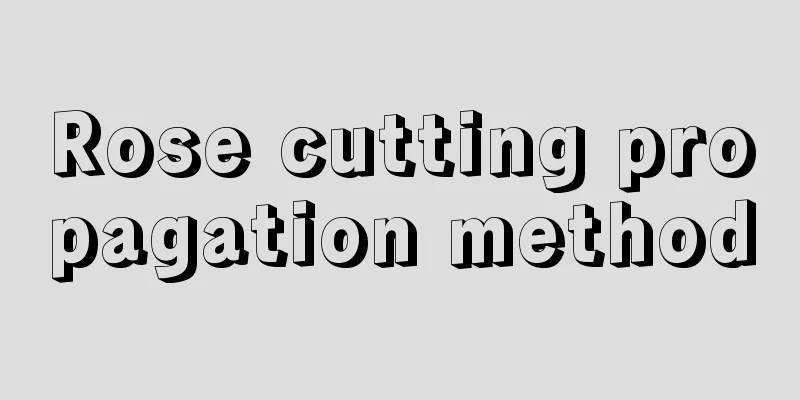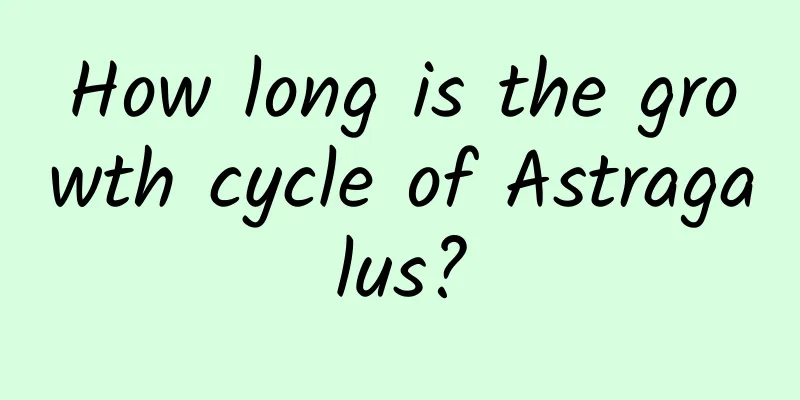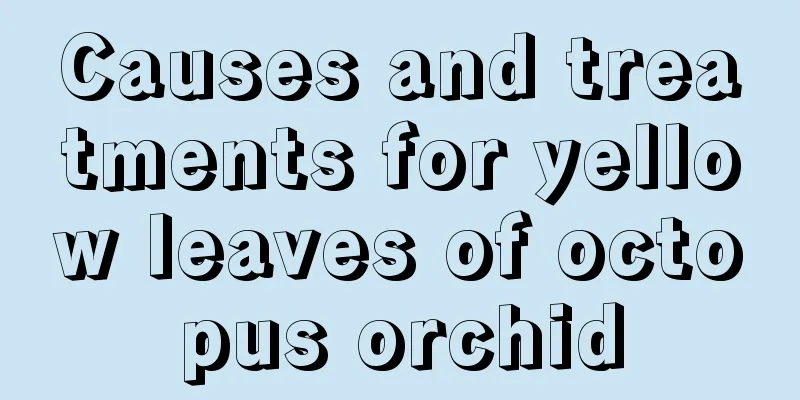What diseases does prochloraz mainly treat?
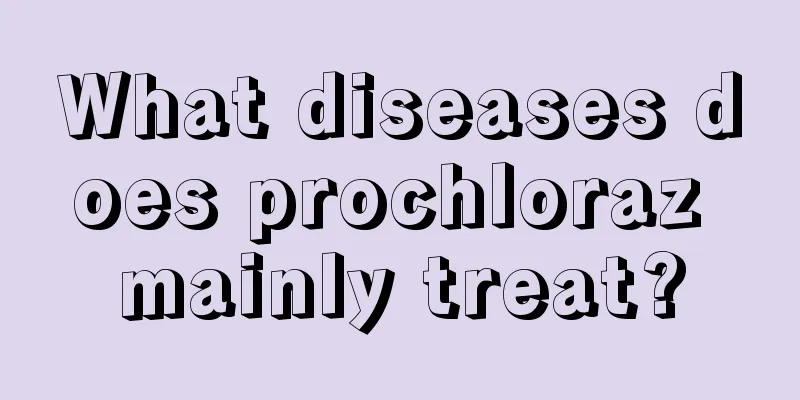
|
Prochloraz is a commonly used fungicide in agricultural production. It has the characteristics of high efficiency, low toxicity and broad spectrum. It is widely used in various crops. So what diseases does Prochloraz mainly treat? Let’s learn more about it below. What diseases does prochloraz mainly treat? Myclobutanil is applicable to a wide range of crops and can be used on field crops, fruit trees, vegetables , turf and ornamental plants. It has been registered for many control targets, including anthracnose and leaf spot of fruits and vegetables. It can also prevent and control rice seedling disease, rice blast, etc. Citrus anthracnose, stem rot, penicillium, green mold, etc., peanut leaf spot , banana anthracnose, leaf spot, mango anthracnose, rice seedling blight, rice blast, anthracnose of vegetables such as pepper, eggplant, melon, and tomato, strawberry anthracnose, rapeseed sclerotinia and leaf spot, mushroom brown spot, apple anthracnose, pear black spot, etc. How to use prochloraz 1. Use 25% prochloraz emulsifiable concentrate at a rate of 50-100 ml/mu in the early stage of rice leaf blight, heading stage, and full heading stage. If a plant protection drone is used for pesticide application, the amount of liquid sprayed per mu is 1-1.5 liters. It can also prevent rice sesame leaf spot disease. 2. In the early and peak flowering period of rapeseed, use 40-60 ml/mu of 25% myclobutanil, and spray the solution on the middle and lower leaves and stems of the plant. 3. To prevent and control cucumber anthracnose, use 50-100 ml of 25% emulsifiable concentrate mixed with 40-50 kg of water per acre, and spray the leaves once every 7 days. 4. To prevent and control rice seedling disease, use 2 ml of 25% emulsion and add 5-7 kg of water to soak 5 kg of seeds for 1-2 days. 5. To prevent and control citrus penicillium and green mold diseases, use 500-1000 times diluted 25% emulsion and carry out preservative and fresh-keeping treatment after harvesting the fruit. 6. To prevent and control apple anthracnose, use 50-100 ml of 25% emulsifiable concentrate per acre, add 50 kg of water and spray. Precautions for use of prochloraz 1. It is not suitable to use the fruit in the late stage of ripening, as it will affect the taste and have an unpleasant smell. For example, it is not suitable to use apples after they are removed from the bags; it is not suitable to use grapes in the late stage of ripening, etc. 2. When using the emulsifiable concentrate formulation of prochloraz, be sure to control the concentration, otherwise phytotoxicity will easily occur. At the same time, continuous use should be avoided and it should be used in rotation with other agents. 3. Myclobutanil should not be mixed with strong acid or strong alkali pesticides . At the same time, myclobutanil is toxic to fish. When cleaning the sprayer, you need to stay away from fish ponds. That’s it |
<<: How to care for and water Amaryllis in summer?
>>: What diseases does zinc thiazole treat?
Recommend
Why does the copper green unicorn turn into water?
1. Humid climate The copper green Kirin does not ...
How to grow rosemary so that it blooms out of the pot?
Rosemary is not only an ornamental herb, it also ...
Cultivation methods and precautions of small gardenia
Growth habits of small gardenia Slightly likes su...
How to cultivate Superbus
1. Maintenance methods 1. Temperature: It likes c...
Can Ranunculus be grown hydroponically?
1. Prepare the hydroponic container Before hydrop...
The meaning and symbolism of stones, the meaning of giving stones as gifts
1. Gemstones 1. Garnet: Its color is red, which m...
What are the methods for growing Amaryllis?
Amaryllis is a beautiful bulbous plant with diver...
Can I still fertilize Christmas cactus when it has flower buds? How to fertilize and water when it blooms?
1. Can I still fertilize Christmas cactus when it...
How to water succulents and how often to water them
1. Watering method 1. For newly planted succulent...
What is authentic compound fertilizer? (What kind of compound fertilizer really meets the standards)
What kind of compound fertilizer is real? 1. The ...
What kind of trees are suitable for planting in the yard?
The yard at home is suitable for planting trees w...
What flowers are suitable for growing in Shanwei? What are the city flowers and trees?
1. Climate characteristics of Shanwei Shanwei bel...
The Flower Language and Legend of Cosmos
Flower language: Love the person in front of you ...
What is the representative flower of the beginning of spring?
1. Winter Jasmine Forsythia is one of the main re...
How to grow the star beauty of the spiral leaf
Growth conditions of the star beauty The star bea...


